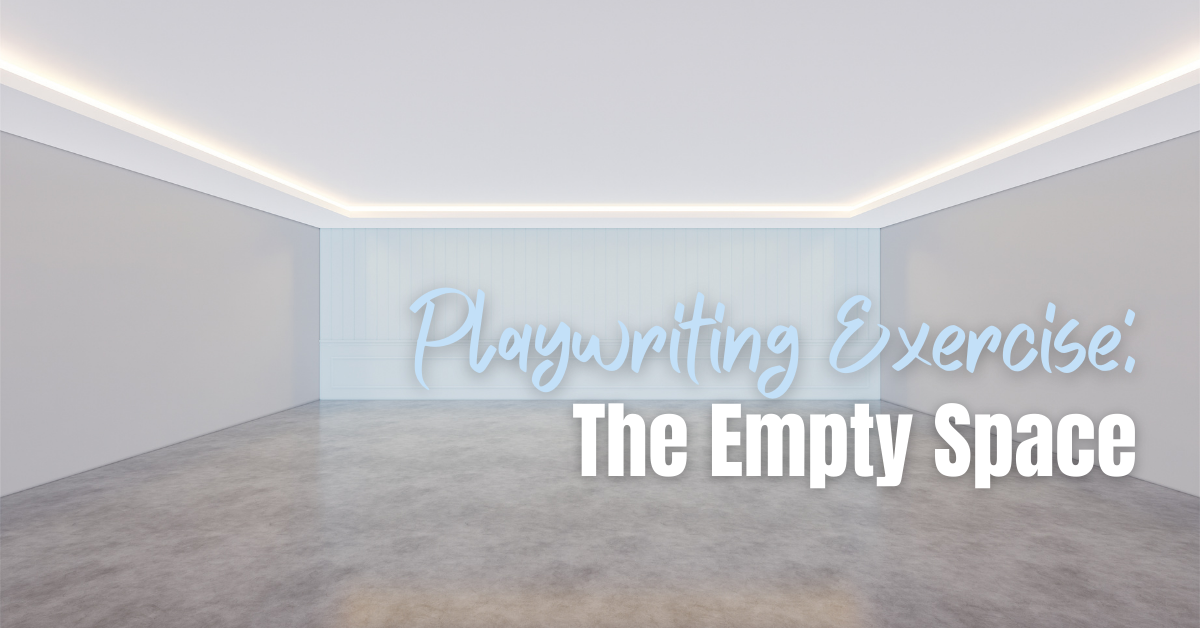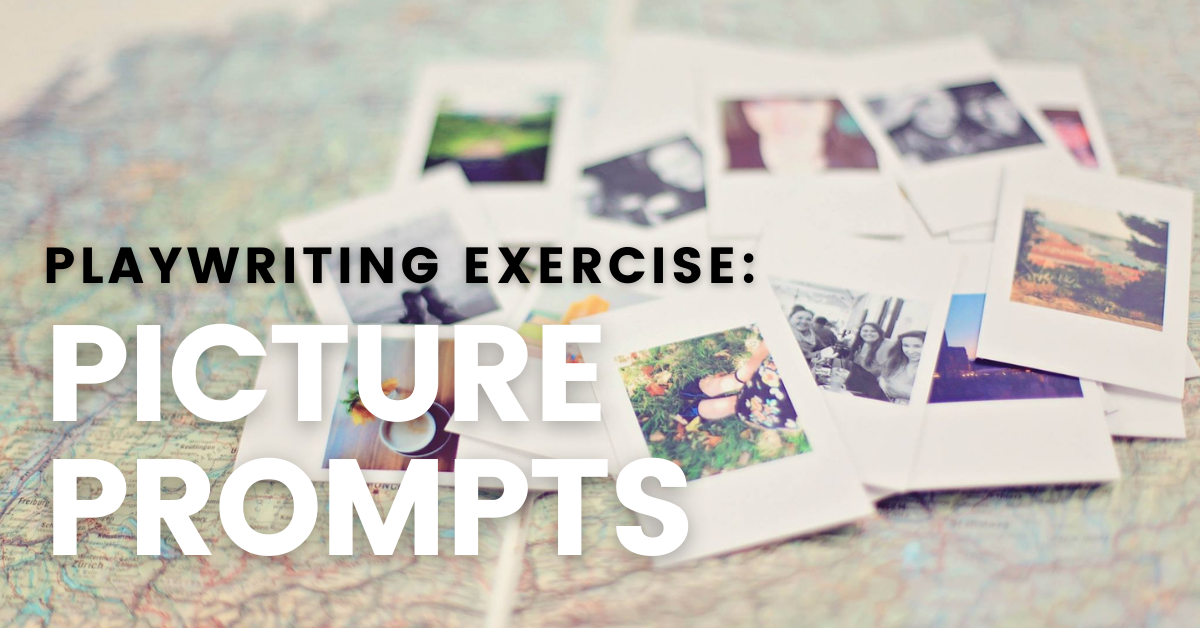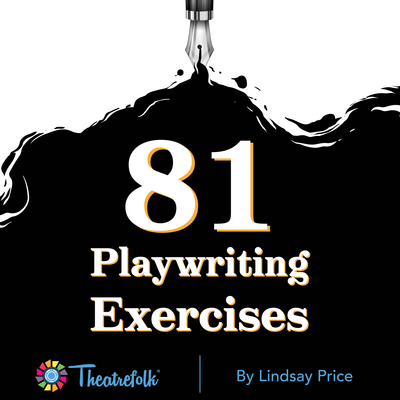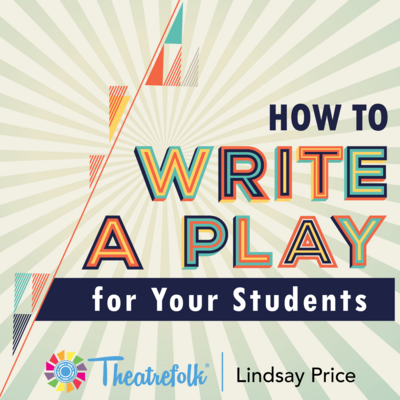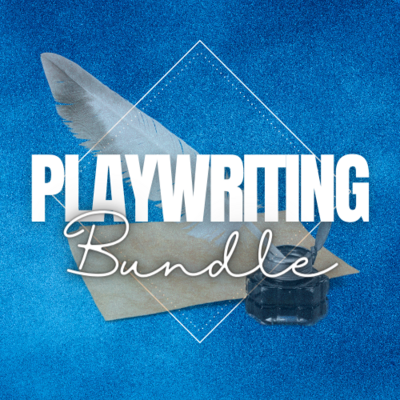Playwriting Exercise: Your Ideal Future
Free writing can be a great way to get your students into the drama class mindset. They have to pause, focus, and write for a specific amount of time without stopping or getting distracted.
For this exercise, the topic is “your ideal future.” If students could have their ultimate dream lives, what would they look like? They’ll describe every detail of this ideal life.
You can use the basic part of this activity as a bellwork exercise, a writing warm-up, or an activity to help students with social-emotional life skills like goal setting. Then, you can use the extension exercises found after the main instructions to have your students go deeper into the work.
Feel free to adjust the wording of the basic instructions as needed depending on your students and their needs. Set a timer for your chosen time (between 5 and 10 minutes) and give your students time interval announcements as necessary (“Three minutes remaining,” “One minute remaining,” and so on).
Free Writing Instructions
- You will have five to ten minutes to free write, stream-of-consciousness style. This means to simply write whatever comes to your mind, as quickly as possible. No editing, going back, or second-guessing your thoughts. If it comes into your brain, write it. Write in full sentences, but don’t worry too much about spelling or grammar. Just get your thoughts down on the page.
- Write in whatever method is easiest for you — handwriting, typing, talk-to-text, seated, or standing. Just don’t disturb your fellow classmates.
- Your topic is your ideal future. If you had your ideal life where all your dreams have come true, what would that life look like? Go into detail. What are you doing? What are you wearing? What’s an average day in your life like? Who do you interact with? What brings you joy? No aspect is too minor.
- Write in present tense like you’re already living your ideal life. For example, “I am doing _____ and it’s amazing. I go to _____ every day. I eat _____ for breakfast. I’m wearing _____ and I look fantastic.”
- Avoid “I would like to,” “I wish,” or “I want” statements, unless it’s something like, “I go wherever I want, whenever I want” or “Whatever I wish for comes true.” In this ideal future, you’ve got everything you could want or wish for.
- Don’t worry about what anyone else is describing in their ideal life. Everyone’s will be unique.
Once students have completed the free writing session, have them complete one or more of the following extension exercises:
Focus on one aspect of your ideal future and go deeper. Choose one area and write for an additional five minutes about one of the following topics: your career, love life, physical health and activity, family or home life, social life, spiritual life, or whatever area you’d like to excel in. Tie it back to your initial ideal future writing piece.
Use your notes to create a scene of a moment from your ideal future’s daily life. It can be a monologue, a partner scene, a group scene — whatever you’d like.
Create a fictional character that lives this ideal life and write a scene of a moment from their life. (Some students like this option as it’s less personal.)
Respond to the following exit slip question: What is one small action you could do today to help you on the path to achieving your ideal life?
If you’re currently studying or performing in a show, write out your character’s ideal future where they’re living the life they want and talk about in the show. Don’t worry about whether your character actually achieves this goal at the end of the play. If you need to, you can write it as if they’re imagining living their dream life (still in the present tense). Having this idea in your mind while you’re performing can help to make your character’s desires more urgent, and may help you play your role in a stronger fashion.
If you’re currently working on writing an original play or scene, write out your main character’s ideal future. Then, figure out how to throw a wrench into that plan. This can help you create conflict for your character. Create a mind map that illustrates various aspects of your character’s ideal future — one aspect of awesome per section. Then, write out two to three potential problems that could arise for each aspect. Choose one of these and write a scene in which your main character is foiled, distracted, or delayed from achieving their goal.
Related Articles
81 Playwriting Exercises
by Lindsay Price
81 exercises that can be used to get students in the habit of writing on a regular basis.
How to Write a Play for your Students
by Lindsay Price
You’ve chosen to write a play for your students! Where do you start?
Resource Bundle - Playwriting
Use these 4 Playwriting drama teaching resources to make playwriting possible with your students. Great for warm-ups, prompts, writer's block and more!

